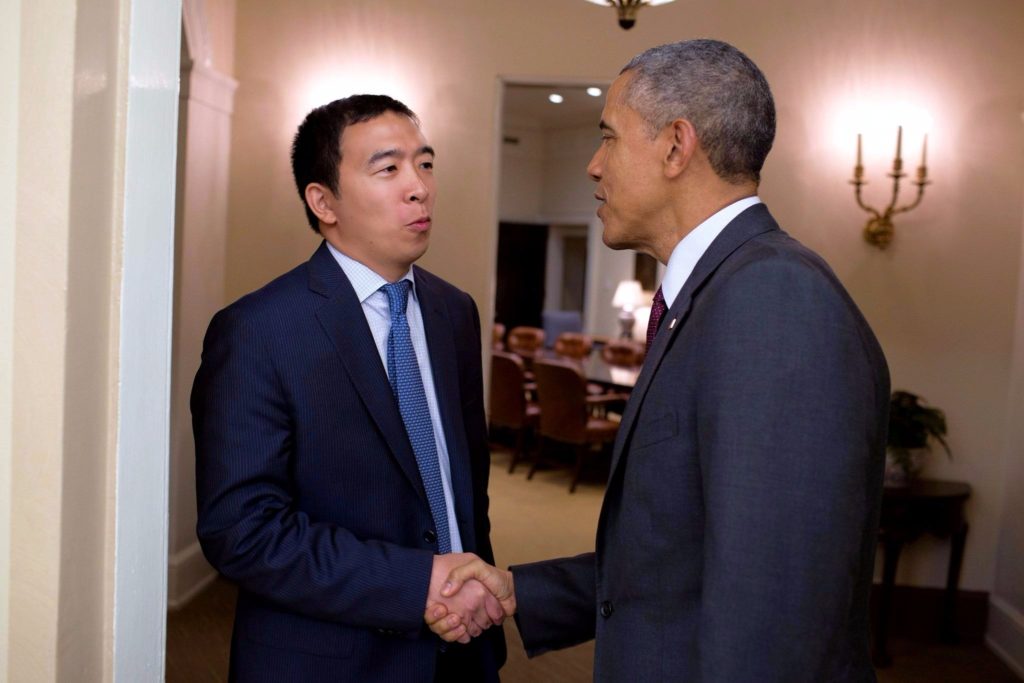Andrew Yang did not come up with this idea, John Delaney made national news when he promoted the idea himself.
He is a former democratic presidential candidate who did not last long in the election cycle after getting trashed by Elizabeth Warren 2 summers ago.
That was the end of Delaney, but ironically he didn’t suspend his candidacy until just before the Iowa Caucuses back in February.
10 months later.
“Pay Americans to take a coronavirus vaccine”
Says Andrew Ya-no wait, John Delaney?
https://www.washingtonpost.com/opinions/2020/11/23/pay-americans-coronavirus-vaccine-john-delaney/
Since the Washington Post has a paywall up until a certain number of site visits, I’ll provide you a video explaining himself on cnn.
https://www.cnn.com/videos/tv/2020/11/28/delaney-pay-americans-to-take-covid-vaccine.cnn
He makes some good points. Not that many people take the flu shot. Vaccinations have become unnecessarily politicized, and there is only distrust in the idea of being vaccinated alone. But getting people paid to be vaccinated is honestly something I never thought of.
You can place distrust in established institutions which provides safe means of being healthy, but being offered breadcrumbs to the degree of a thousand dollars or more as a means of simply doing what’s necessary to protect others might just be the bridge to connecting radicalized thinkers to the rest of the world.
Name anything else that could be more enticing to get a vaccine other than a thousand dollars. A decent PC setup? Free movies for a year? Free food for 3 months? Cancelling your rent payments for 2 months? A month of free college? Money seems to be the trick.
“Where’s the money gonna come from? Surely pharmaceuticals can’t shoot themselves in the foot?”
Absolutely not. I think that’s the last thing any company would do.
But what if we flipped the script? Make people pay money to get vaccinated!
lol.
The government needs to bail out the people one way or the other.
The people need to be vaccinated one way or the other.
People need to stop dying one way or the other.
